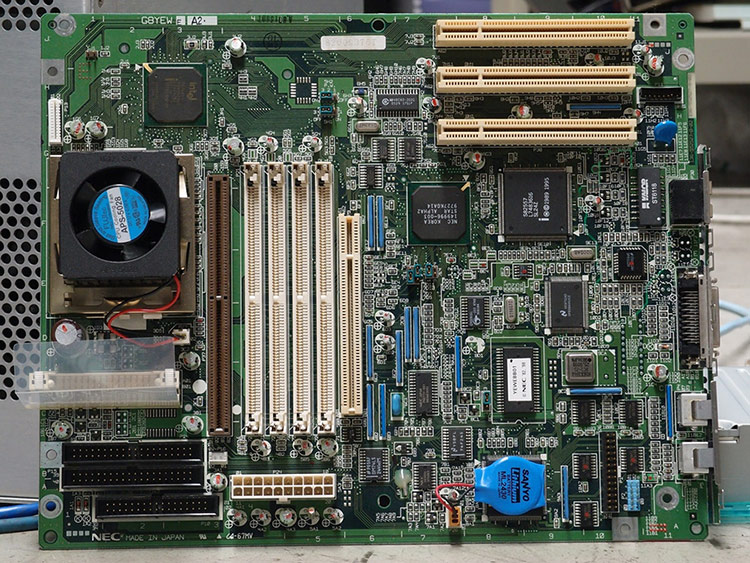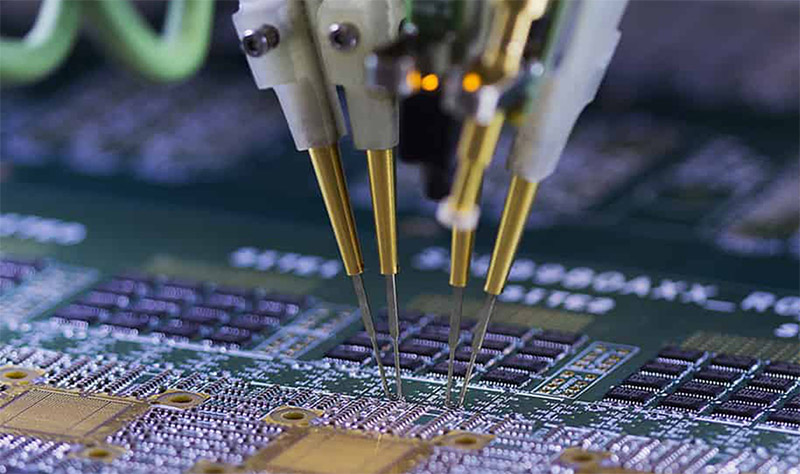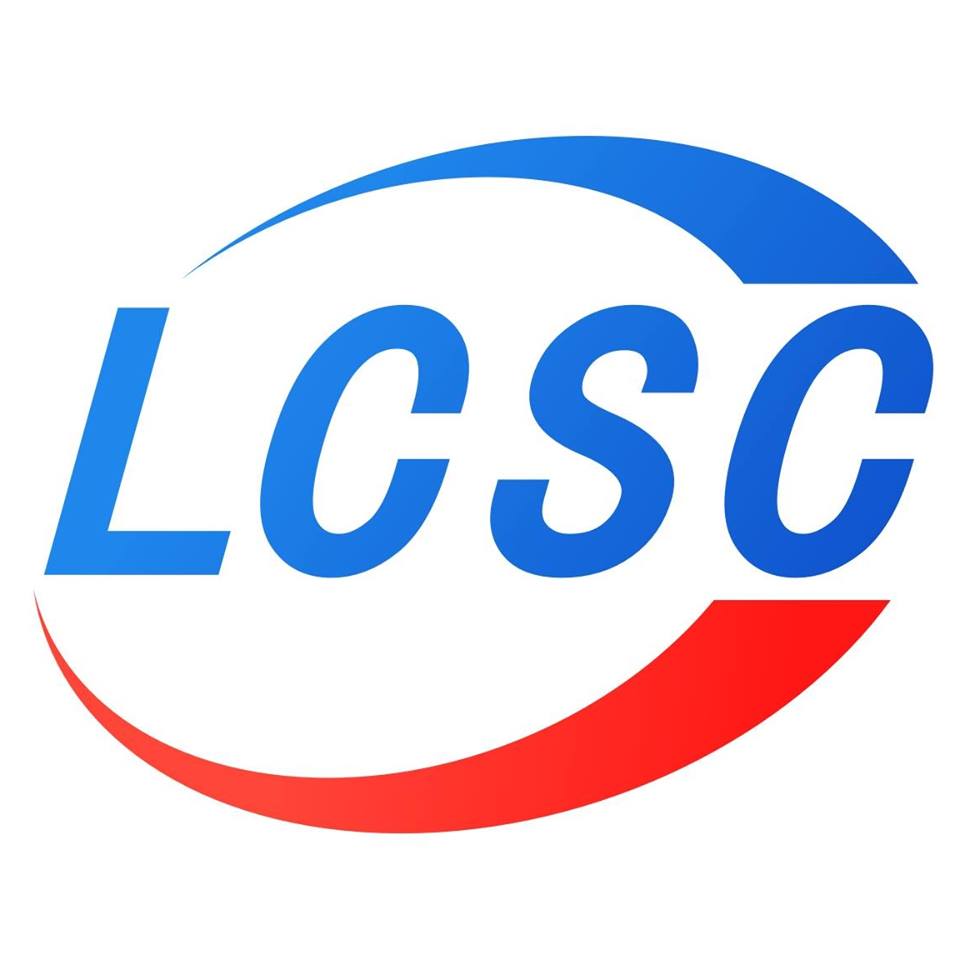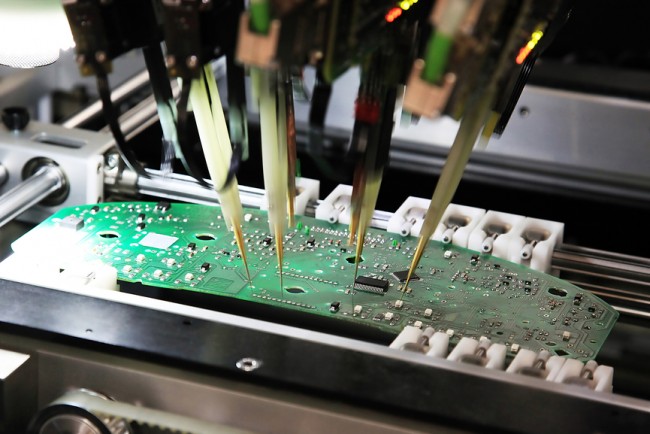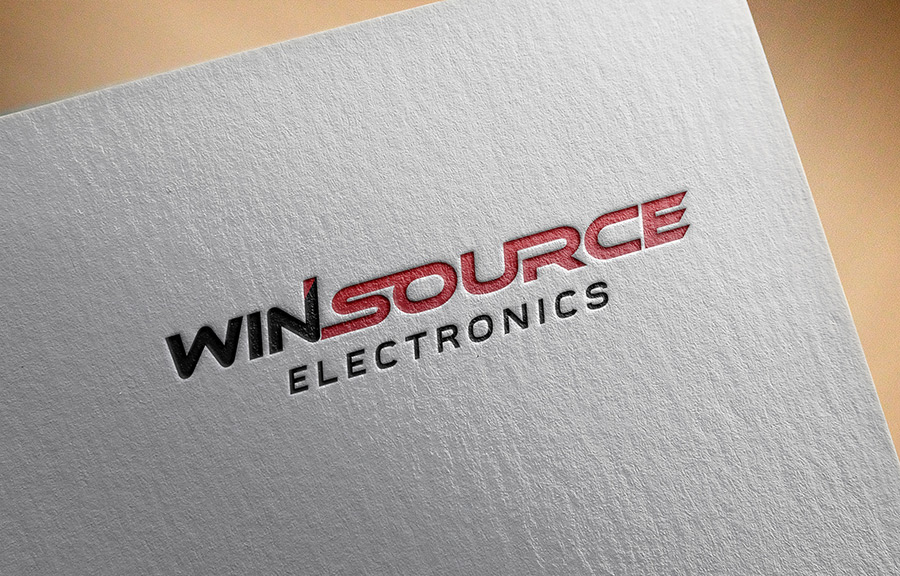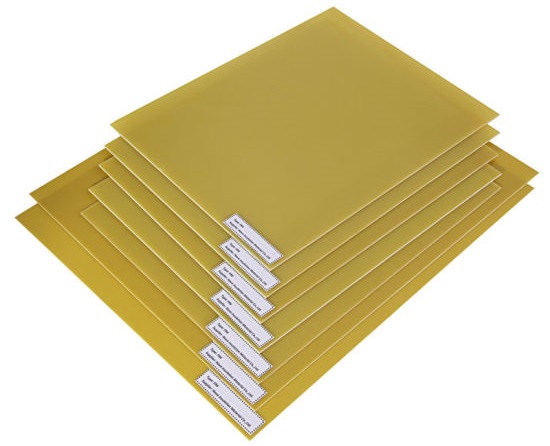Connectors plays a very important role in electronics equipment and projects. Usage of right connector for right application is paramount. Not only it plays an important role in safety, but also in PCB and product manufacturing to produce efficient and cost effective products. Therefore manufacturers have created wide variety of unique electronics connectors designed to fit a application or product. But there are connectors that is very versatile you will almost see them in all electronic products we use daily. So in this article we are going to see what are those connectors that is commonly in usage and its applications.
Pin headers :
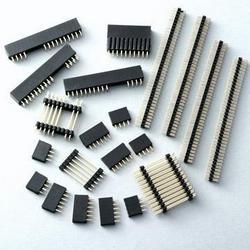
Headers are mostly used in printed circuit boards. These connectors are very inexpensive and widely available. Common in development boards, breakout boards, sensors modules etc. as. Using this we can plug any PCB module easily and remove it anytime. Header pins are mostly used in low voltage DC circuits in both power and data lines.
- Headers come in both through hole or THT and surface mount or SMD devices.
- Available in two types – male and female headers.
- It’s versatility mainly comes with its ability to stack or unstack the header based on our needs
- It comes with different pitch sizes out of all most common is 2.54 mil or 0.1″.
- Headers often comes in long strips of multiple pins which can easily be broken off to the right number of pins.
JST Connector :
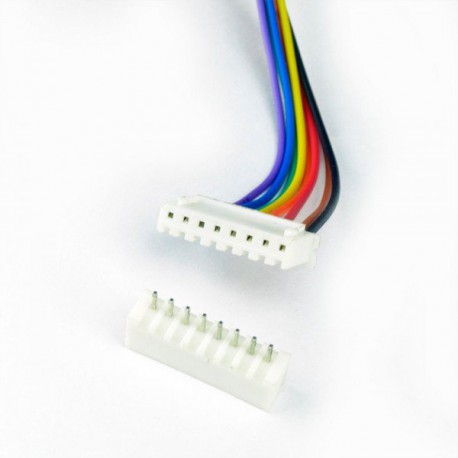
Quite similar to the pin headers in terms of usability but have more advantages over simple headers. JST connectors are used to connect two different boards or modules. This connector is also used for both power and data transmission.
- This also comes in both male and female versions where typically the male connector sits on the PCB and female connector along with extended cable connects to the peripheral device which has to be connected with the PCB. Ribbon cables are generally used in this case.
- It enclosed by a plastic case which protects it’s the thin pins bending by any external pressure
- This plastic case also has a locking mechanism which prevents the connectors from disconnecting easily suited for equipment which has mechanical parts.
- JST connectors vary by the number of pins it has. 2 pin, 4 pin, 6 pin, 8 pin variants are commonly used.
Screw Terminal :
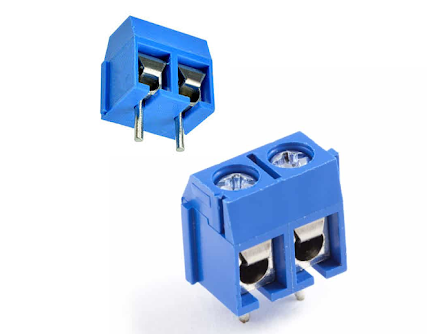
Screw terminal is also a type of connector that mostly used to supply power to PCBs. This connector can easily handle high current and voltage, therefore it makes a good a power connector for both AC and DC applications. Screws here secure the connection of wire to this connector and therefore got its name. This terminal store has some good variants of screw terminals.
- 2 pin variant is most common, while you will also find 4,6 and 8 pin variant in boards.
- The actual metal terminal is encased by plastic to prevent short circuit or other shock hazards.
Barrel Connector :
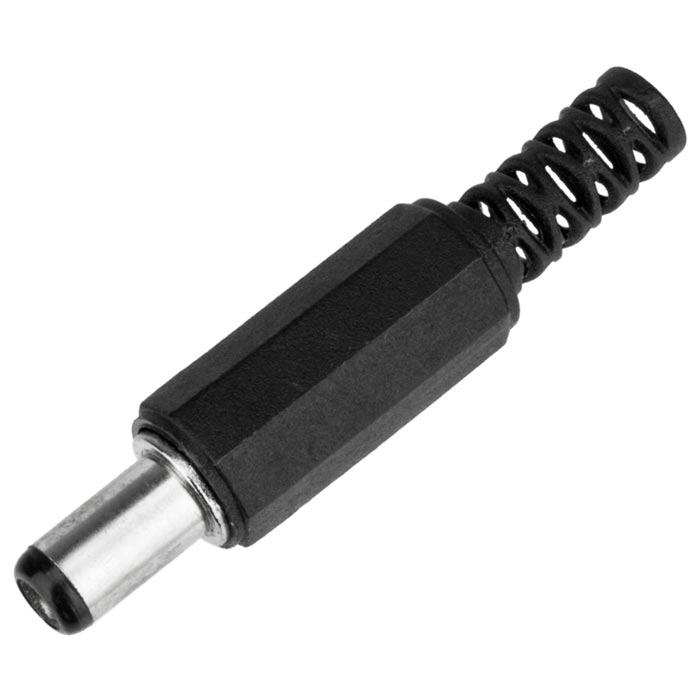
Barrel connector is a Power Connector mainly used for DC supplies especially wall adapters. Comes in different diameter, the size of male and female connector should match for usage. The Tip and Sleeve setup of this connector prevents misuse from users and therefore well known for its user friendliness.
- It has both PCB mount and non PCB mount variants.
- It’s cylindrical coaxial shape is specifically chosen to prevent accidental reverse connection
- The sleeve of this connector usually connects to negative side or ground of our power supply. And the tip connects to positive side of the power supply.
Cable lug connectors:
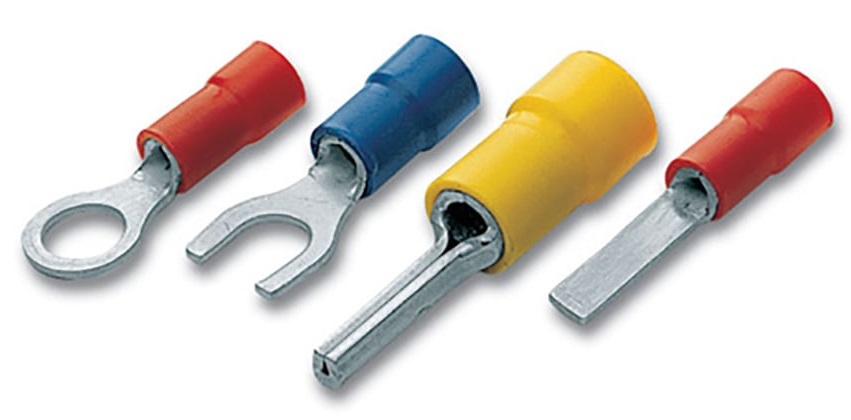
These are popularly used power connectors. Comes in different shapes, sizes and often comes insulated. Quite often used in industrial applications, control panels for their ability to withstand mechanical strain. Out of all connectors Ring, Fork, Spade and Butthead type connectors are quite famous.
- Wires to these connectors are commonly soldered, crimped or welded for making strong connections
- These connectors comes in different thickness and its maximum current carrying capability depends on its size and type of metal used in it.
Molex Connector :
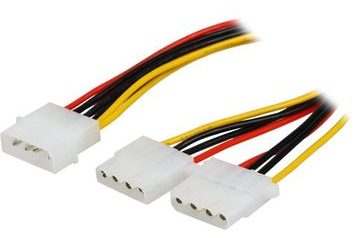
Molex connectors shares the look of JST connectors, but pitch size of pins are usually big. They are typically in use for power applications. One of the common sights of this connector is in our computers. You might have noticed this in ATX Power supply unit of a computer, in motherboards, hard drives and other peripherals
- It has a cylindrical spring-metal pins fit into cylindrical spring-metal sockets
- The pins and sockets are covered with a plastic case.
- A typical connector has 2 to 24 contacts in either single or double row format depends on the application.
- Pins and sockets are in a single housing with a polarity locking mechanism to ensure correct orientation.
Flat Flex Connector(FFC) :
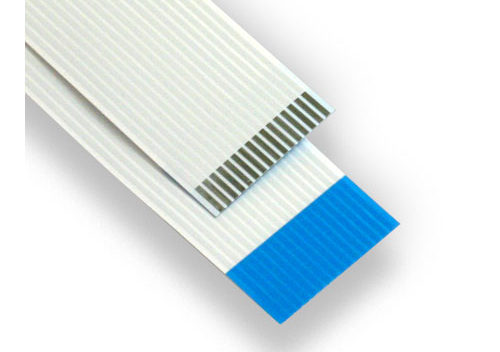
Light weight and greater flexibility are two important characteristics of this connector. Most common in mobile phone, laptop, camera, display and other modern day gadgets where cable need to be bent and used in constrained spaces.
- This type of connectors has a flat conductive material on a flexible cable
- It is a minimized form of a normal ribbon cable which is made for high density electronic applications.
- Extra thickness will be in place at the ends of cable to make insertion easier and to provide strain relief.
IDC connector :
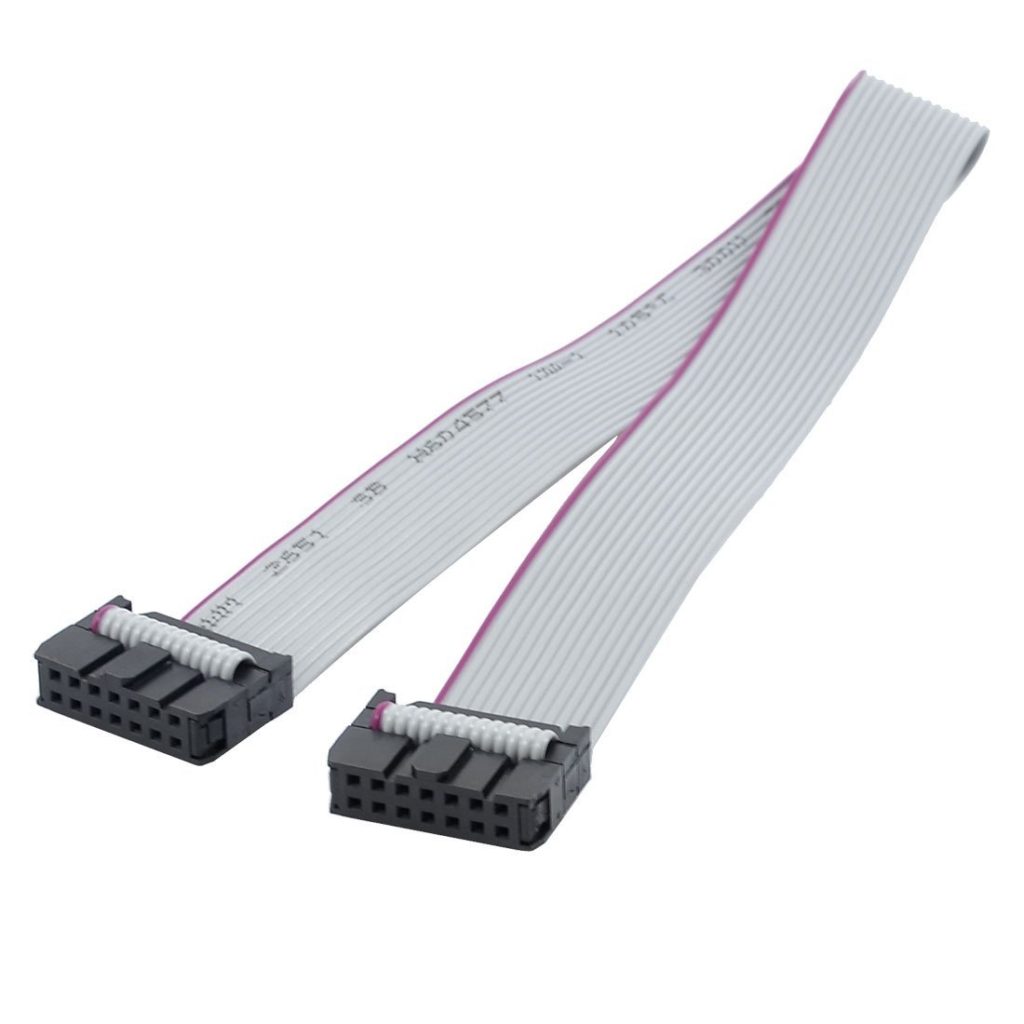
IDC connector or Insulation-Displacement connectors are very common where multiple parallel connections in a board needs to be connected. Quite commonly in usage for transferring data between boards. Most common in networking and signal connectors, LCDs, etc.
- Made using some sharp blades forced through a ribbon cable.
- Although it originally designed to connect only single-stranded conductors, IDC technology was eventually extended to multiple-stranded wire as well, to save some mounting space.
- Also comes with locking mechanism to prevent the cable from moving or disconnecting from board.
RF connector :

RF connector is a special type of coaxial connector specifically used for High frequency radio applications. Applications include TV signal receivers and WiFi antennas and provides greater signal quality.
- This type of connector uses multiple wires wrapped around a single core wire that works as a shield.
- It’s coaxial design reduces signal interference and power losses.
Audio and Video Connectors :
There are several types of Audio and Video Connectors available, let’s quickly go through the ones which is quite common.
Phone Connector :
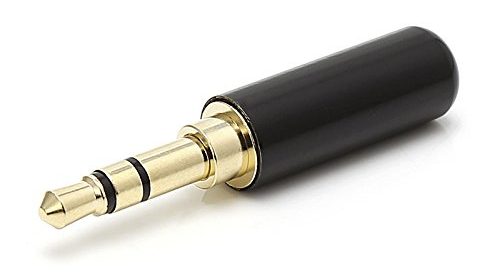
Commonly known as 3.5mm Headphone jack, almost every smartphones have one of this. Also other dimensions of this connector is available in the market.
- Widely seen in our smartphones and other audio devices.
- Supports both audio input and output.
- It usually has 3 or 4 coaxial connections – tip, ring and sleeve.
DIN Connector :
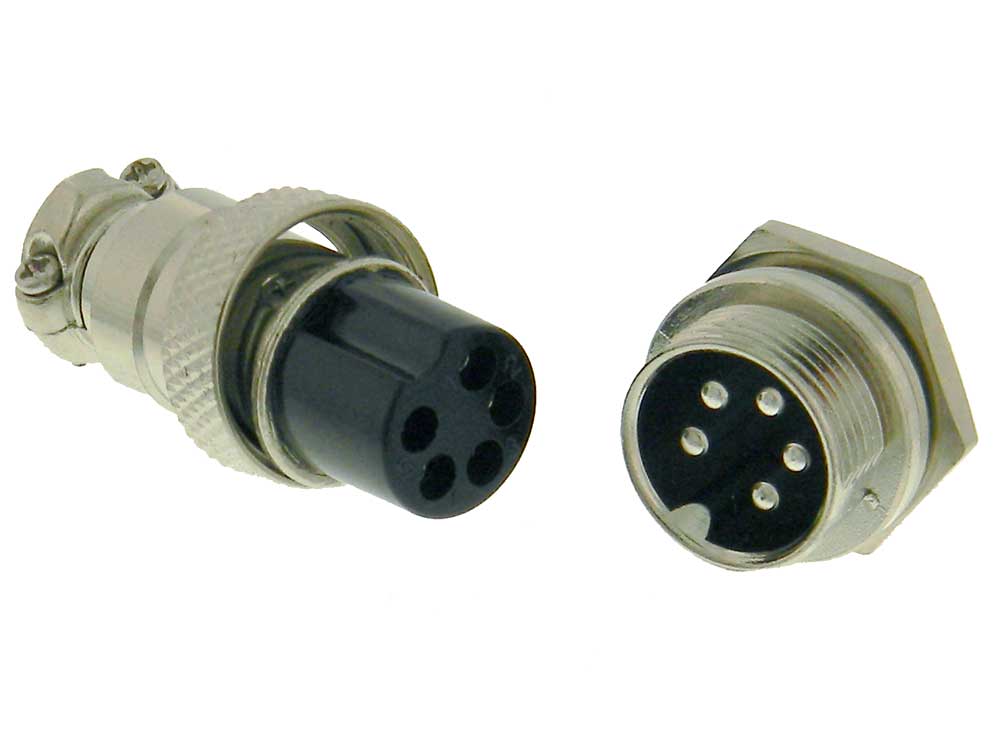
This is a type of circular connectors that were initially standardized by DIN for analog audio signals
- Din connectors has 3 or more metal pins placed inside of an conductive ring
- It has a notch to limits the right orientation of the plug and socket
- This type of connector is generally used in Analog audio applications such as loudspeaker inputs and MIDI devices
USB Connector :

USB or Universal Serial Bus is a standard protocol for connectors for data transfer and also for power supply. Most common in smatphones, computers and other peripheral devices.
- Evolution of 3 generations, USB 1.x, USB 2.0 and USB 3.x
- A standard USB always consist of VCC, GND, DIN and DOUT port
- Typically works with 5v voltage range
USB types :
- Type-A
- Type-B
- Type-C
Type-A – consumer electronic devices such as smartphones and computers.
Type-B – printers and your good old Arduino UNO.
Type-C is the latest iteration in this series. It is more powerful and capable of transferring data at high speed and delivering maximum power among all.
Hope this article is informative to you. What’s the most common connector you have seen or used ? Let us know in the comment section below. If you have any feedback or if you feel any particular connector should be on this list do let us know below.

